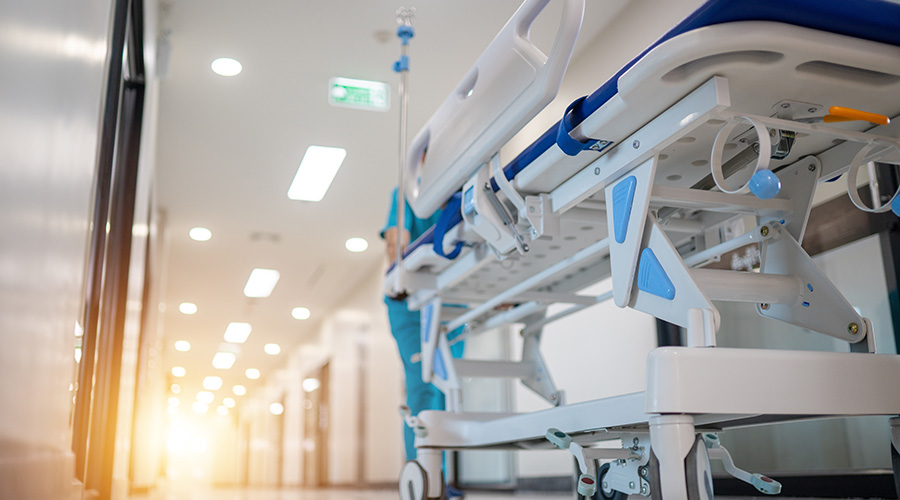'Bring Your Own Device (BYOD),' is a growing trend within the healthcare industry and the business world as a whole, according to an article by Raydeen Gallogly on the SimplyRaydeen.com website. This practice allows employees to bring and use their own devices for work purposes. On the plus side, this saves companies money and enables their employees to use the latest technology or a device they are comfortable with. This practice may seem fairly straightforward to anyone who has attached their work email to their personal mobile phone, but it actually carries with it some significant safety concerns.
The downside
In the healthcare industry, patient confidentiality is of paramount importance, Gallogly writes. Because many healthcare professionals are now checking business emails on their phones as well as receiving vital documents through their personal mobile phones means that this information could easily be compromised. BYOD devices can also pose significant concerns to security infrastructure. The network will be accessible to anyone who picks up the mobile device of an employee that is connected to the network.
What do you need to do
BYOD security is something that needs to be monitored and strictly enforced with the newest available technology, the article said. According to reports by Health Management Technology, 85 percent of hospitals presently allow their employees to bring and use their personal devices within the facility. The same article also notes that patient data is already being viewed by 70 percent of physicians and IT professionals on their mobile devices, and that one facility in Massachusetts was fined $1.5 million in 2012 following the theft of a laptop that had patient information on it.
Mobile device managemnt
BYOD security requires a comprehensive plan that includes employee training as well as mobile device management (MDM). According to the article, when selecting an MDM service, think about your needs and what each service offers. BlackBerry now offers a device management feature called BlackBerry MDM that allows businesses and healthcare facilities to manage multiple devices, both company-owned and personal. The BlackBerry Enterprise Service 10 system can manage all types of devices, including iOS and Android, and allows for enforcement of security levels and per industry regulations. Another MDM service is Air Watch. This user friendly service supports almost every platform, including iOS 7. IBM has a MDM service called Endpoint Manager for mobile devices through Tivoli. This system is manages every aspect of a BYOD workplace.
What next?
The first step in dealing with BYOD security issues is to create and enforce guidelines for the use of personal devices. New government regulations also require that data be encrypted on end user devices, which means employees will need to learn about encryption and why it's important. BYOD policies need to make sure that employees are aware of the need to use secured connections when connecting to the facility’s network and need to know how to properly secure their devices in the event of theft. Health care facilities also need to update their infrastructure with a device management platform, Gallogly writes
The article concludes that the ability to use personal devices to increase work efficiency is not something that is likely to go away. It is very likely that the amount of personal devices used throughout companies including health care facilities will increase significantly in the coming years. Health care facilities should update their security infrastructure accordingly and to create policies and procedures for the access of facility data on personal devices.

 Grounding Healthcare Spaces in Hospitality Principles
Grounding Healthcare Spaces in Hospitality Principles UC Davis Health Selects Rudolph and Sletten for Central Utility Plant Expansion
UC Davis Health Selects Rudolph and Sletten for Central Utility Plant Expansion Cape Cod Healthcare Opens Upper 2 Floors of Edwin Barbey Patient Care Pavilion
Cape Cod Healthcare Opens Upper 2 Floors of Edwin Barbey Patient Care Pavilion Building Sustainable Healthcare for an Aging Population
Building Sustainable Healthcare for an Aging Population Froedtert ThedaCare Announces Opening of ThedaCare Medical Center-Oshkosh
Froedtert ThedaCare Announces Opening of ThedaCare Medical Center-Oshkosh